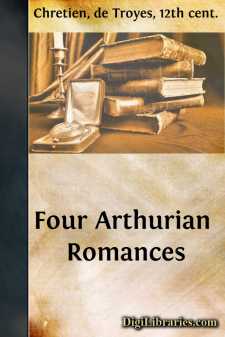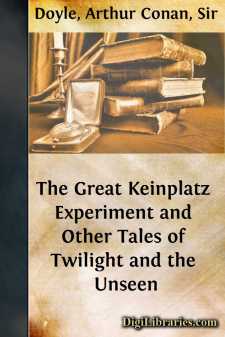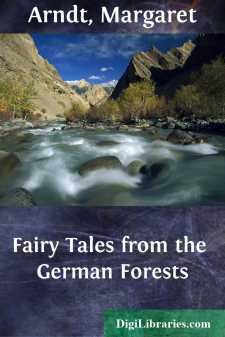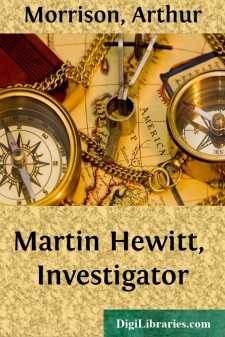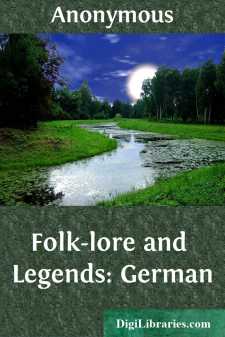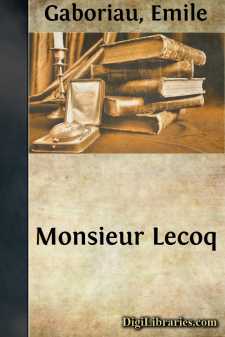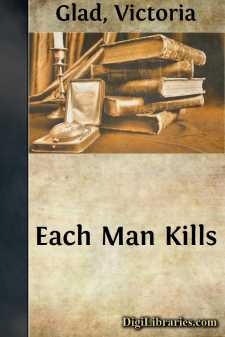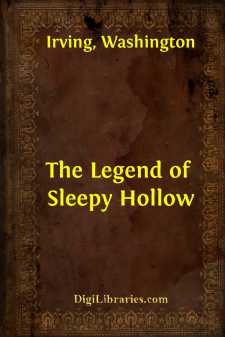Categories
- Antiques & Collectibles 13
- Architecture 36
- Art 48
- Bibles 22
- Biography & Autobiography 813
- Body, Mind & Spirit 142
- Business & Economics 28
- Children's Books 15
- Children's Fiction 12
- Computers 4
- Cooking 94
- Crafts & Hobbies 4
- Drama 346
- Education 46
- Family & Relationships 57
- Fiction 11828
- Games 19
- Gardening 17
- Health & Fitness 34
- History 1377
- House & Home 1
- Humor 147
- Juvenile Fiction 1873
- Juvenile Nonfiction 202
- Language Arts & Disciplines 88
- Law 16
- Literary Collections 686
- Literary Criticism 179
- Mathematics 13
- Medical 41
- Music 40
- Nature 179
- Non-Classifiable 1768
- Performing Arts 7
- Periodicals 1453
- Philosophy 64
- Photography 2
- Poetry 896
- Political Science 203
- Psychology 42
- Reference 154
- Religion 513
- Science 126
- Self-Help 84
- Social Science 81
- Sports & Recreation 34
- Study Aids 3
- Technology & Engineering 59
- Transportation 23
- Travel 463
- True Crime 29
Four Arthurian Romances
Categories:
Description:
Excerpt
Chretien De Troyes has had the peculiar fortune of becoming the best known of the old French poets to students of mediaeval literature, and of remaining practically unknown to any one else. The acquaintance of students with the work of Chretien has been made possible in academic circles by the admirable critical editions of his romances undertaken and carried to completion during the past thirty years by Professor Wendelin Foerster of Bonn. At the same time the want of public familiarity with Chretien's work is due to the almost complete lack of translations of his romances into the modern tongues. The man who, so far as we know, first recounted the romantic adventures of Arthur's knights, Gawain. Yvain, Erec, Lancelot, and Perceval, has been forgotten; whereas posterity has been kinder to his debtors, Wolfram yon Eschenbach, Malory, Lord Tennyson, and Richard Wagner. The present volume has grown out of the desire to place these romances of adventure before the reader of English in a prose version based directly upon the oldest form in which they exist.
Such extravagant claims for Chretien's art have been made in some quarters that one feels disinclined to give them even an echo here. The modem reader may form his own estimate of the poet's art, and that estimate will probably not be high. Monotony, lack of proportion, vain repetitions, insufficient motivation, wearisome subtleties, and threatened, if not actual, indelicacy are among the most salient defects which will arrest, and mayhap confound, the reader unfamiliar with mediaeval literary craft. No greater service can be performed by an editor in such a case than to prepare the reader to overlook these common faults, and to set before him the literary significance of this twelfth-century poet.
Chretien de Troyes wrote in Champagne during the third quarter of the twelfth century. Of his life we know neither the beginning nor the end, but we know that between 1160 and 1172 he lived, perhaps as herald-at-arms (according to Gaston Paris, based on "Lancelot" 5591-94) at Troyes, where was the court of his patroness, the Countess Marie de Champagne. She was the daughter of Louis VII, and of that famous Eleanor of Aquitaine, as she is called in English histories, who, coming from the South of France in 1137, first to Paris and later to England, may have had some share in the introduction of those ideals of courtesy and woman service which were soon to become the cult of European society. The Countess Marie, possessing her royal mother's tastes and gifts, made of her court a social experiment station, where these Provencal ideals of a perfect society were planted afresh in congenial soil. It appears from contemporary testimony that the authority of this celebrated feudal dame was weighty, and widely felt. The old city of Troyes, where she held her court, must be set down large in any map of literary history. For it was there that Chretien was led to write four romances which together form the most complete expression we possess from a single author of the ideals of French chivalry. These romances, written in eight-syllable rhyming couplets, treat respectively of Erec and Enide, Cliges, Yvain, and Lancelot. Another poem, "Perceval le Gallois", was composed about 1175 for Philip, Count of Flanders, to whom Chretien was attached during his last years. This last poem is not included in the present translation because of its extraordinary length of 32,000 verses, because Chretien wrote only the first 9000 verses, and because Miss Jessie L. Weston has given us an English version of Wolfram's well-known "Parzival", which tells substantially the same story, though in a different spirit. To have included this poem, of which he wrote less than one-third, in the works of Chretien would have been unjust to him. It is true the romance of "Lancelot" was not completed by Chretien, we are told, but the poem is his in such large part that one would be over-scrupulous not to call it his. The other three poems mentioned are his entire. In addition, there are quite generally assigned to the poet two insignificant lyrics, the pious romance of "Guillaume d'Angleterre", and the elaboration of an episode from Ovid's "Metamorphoses" (vi., 426-674) called "Philomena" by its recent editor (C....


